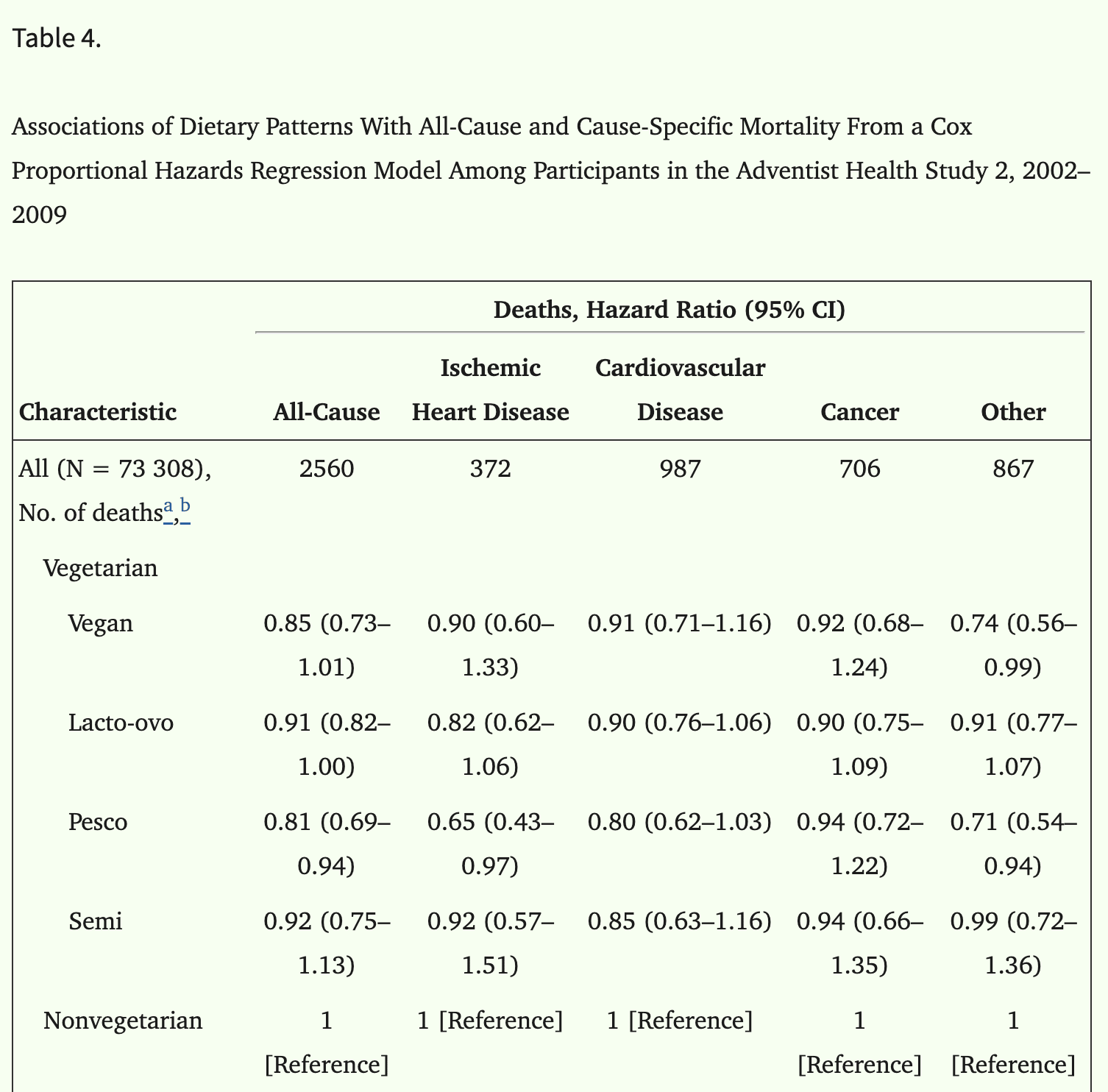Counter-theses on Sleep
Alexey Guzey’s Theses on Sleep gained a lot of popularity and acclaim on LessWrong and among people I follow on social media, despite largely consisting of what I think were weak arguments and misleading claims. I found that a bit surprising, so I decided to write a post pointing out several of the mistakes I think he’s made, and reporting some of what the academic literature on sleep seems to show. Sleep deprivation is associated with *both* depression *and* mania One of Guzey’s theses is that “depression triggers/amplifies oversleeping while oversleeping triggers/amplifies depression.” The first piece of evidence he uses to support that is people on /r/BipolarReddit saying that they sleep a lot when depressed, and sleep very little when manic. However, there’s a big problem with using that as evidence. Guzey’s /r/BipolarReddit evidence is misleading The DSM-5 specifies subtypes of depression that have opposing relationships with sleep. Depression with melancholic features is associated with early morning awakening, whereas depression with atypical features is associated with hypersomnia. Guzey’s evidence is misleading because people with bipolar disorder are disproportionally prone to having atypical features during their depressive episodes. So, unsurprisingly, his evidence from bipolar disorder patients is not representative of what you see in the general population: both long and short sleep duration are associated with depression (and, relevantly, suicide as well, in adults as well as adolescents). I’m surprised no one in the comments of this post brought up this objection – it only takes a very quick Google Scholar search to see that the relationship between sleep duration and depression is not linear. Chronic sleep deprivation might be associated with *decreased* BDNF expression, as shown by Guzey’s own sources Guzey hypothesizes that > Sleep deprivation appears to increase BDNF [and therefore neurogenesis?] He then proceeds to link to a few p
